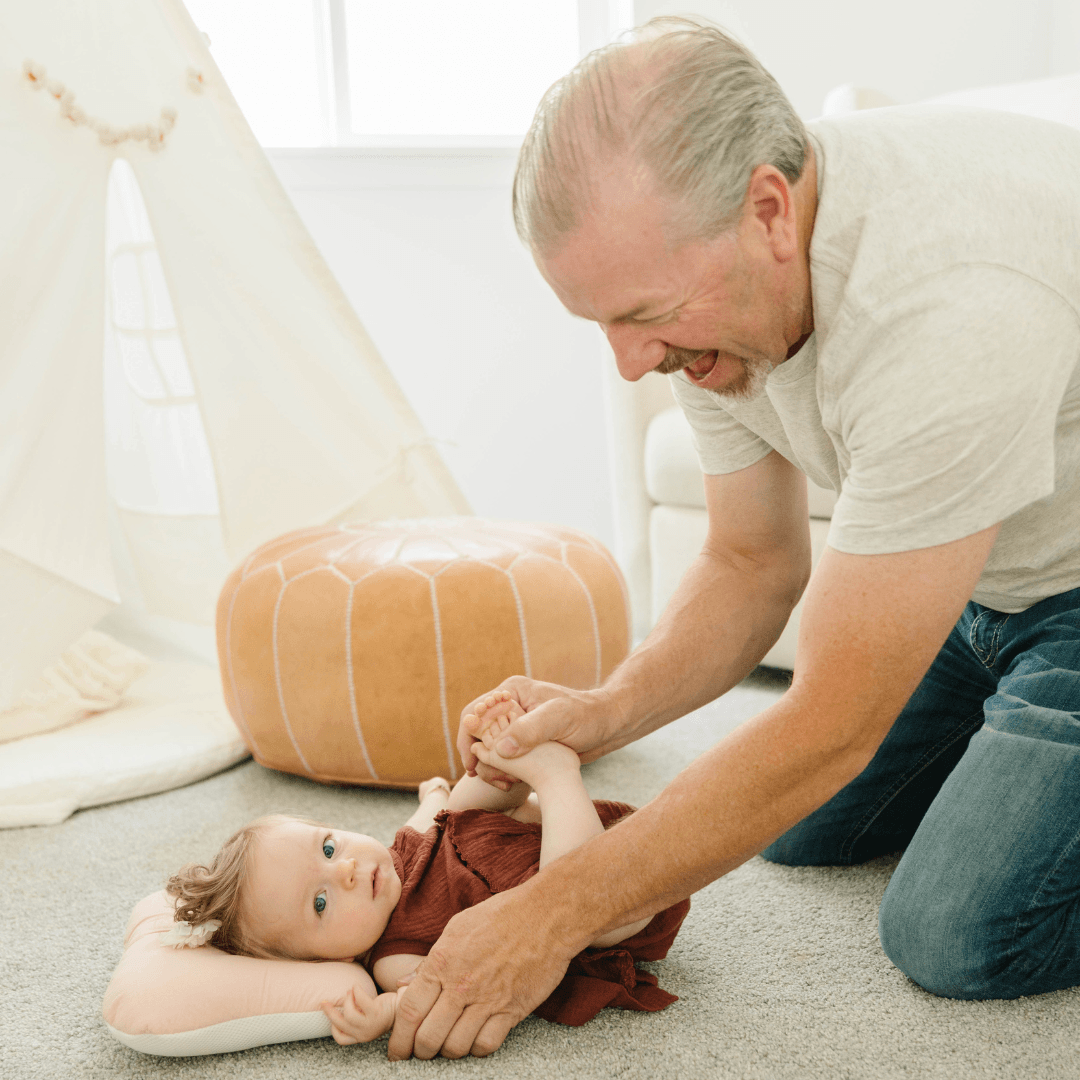Babies and children may look weak. But there are also facts that adults don't know about our babies. Today, I've compiled 5 common misconceptions that adults have about children.
1. Are infants and children vulnerable?
Babies cry quickly for even the smallest things. When you see them like that, you may feel that your child is too weak and always requires your protection. But think about the healing process when children are injured. Children are bound to get more minor injuries than adults, but they also recover faster.
Very young children’s hearts and emotional memories are the same, so if you respond appropriately in the early stages, your child’s broken heart can heal quickly. So, don't worry too much about the trauma caused by you accidentally making your baby cry or letting them cry rather than providing instant attention.
Even adults can let go of trauma if they go through a sufficient period of healing. It is true that children are easily hurt, but if you deal with them carefully and with a relaxed but loving mindset, both of you will be able to stay healthy and happy.
Tip: Please believe that your child is a person who can face some of the small challenges of life on their own, and a person who can heal their own wounds with your help.
2. Should children's play toys be chosen by adults?

This conception is half right and half wrong. Children cannot go to the supermarket and choose the toys they want on their own, so it is necessary for adults to choose toys that fit their developmental characteristics. However, it is up to the child to decide when and how to play with the toys placed in the house.
Even very young children can play their own games independently, and that ability develops our children significantly. So, help your baby decide and choose for themselves what kind of play they want to do today from a selection of toys you’ve bought for them.
3. Do sensitive babies need to adjust their schedules flexibly?
A more sensitive baby needs a consistent schedule. Of course, like how much they eat at every meal, small details may need to be adjusted over time to adapt to your developing child. However, in order for your toddler to feel calm, they need a predictable daily routine.
When procedure B follows after task A, children can feel comfortable. Therefore, if your child is sensitive, set a point that is a big part of your daily schedule that repeats every day at the same time, such as a short break or a meal time.

4. Are compliments always good?
It is said that it is good to give a child a lot of praise, but in fact, praise is not always beneficial. Excessive compliments can make you feel like you’re doing too much flattery, which can actually get in the way of building a trusting relationship with your child. When praising your child, do it at the right time and in a situation that the child is proud of too.
Also, it is better to describe the situation according to the child's personality rather than idiomatic phrases that can be used anytime and anywhere, such as 'Wow, you did well' or 'You are a genius'. For example, it is more effective to say something like 'That’s funny because you’re shaking the toy upside down, and you’re making me laugh'. A child who has been praised in this way since they were a child always comes to the world with confidence in their actions.
5. They’re not old enough to be scolded yet, so just leave them alone.
Is it possible to properly discipline a 1-year-old child? It would be a difficult story in common sense. It's still hard for most parents to understand.
The idea that children should be disciplined from the age of 3 is based on the fact that children must reach that age to understand and practice the words of their guardians. In fact, there is a high probability that a child will not understand your attempts at discipline, no matter how logical, until the age of three.

But that doesn't mean you shouldn't try and discourage your baby's aggressive or damaging behaviour. Instruct your child’s behaviour by repeatedly saying 'no’ if they throw objects or engage in dangerous behaviours such as touching electrical appliances.
There is no need to get angry or overly frightening. Just repeat ‘no’ in a firm and strict voice. Of course, the best thing to do is to reduce the circumstances in which you will say ‘no’ to your child. If your child is likely to fight with a friend, you need a strategy to avoid the places where they often fight and remove dangerous objects from the area.
Please let your child know that actions that pose a threat to their health or the health of others should not be continued. However, the first year of life is the right time to receive the most love, and it is also the time when your child needs unconditional love and a sense of free will.
---------------------------------------------------
Author: Lee Ji-hyun
- A Secondary School Level 2 Teacher Certificate
- As a real mother of a child, she ponders specific parenting tips between reality and theory. She has worked as an educational civic activist and freelance journalist.







